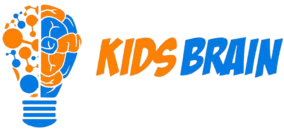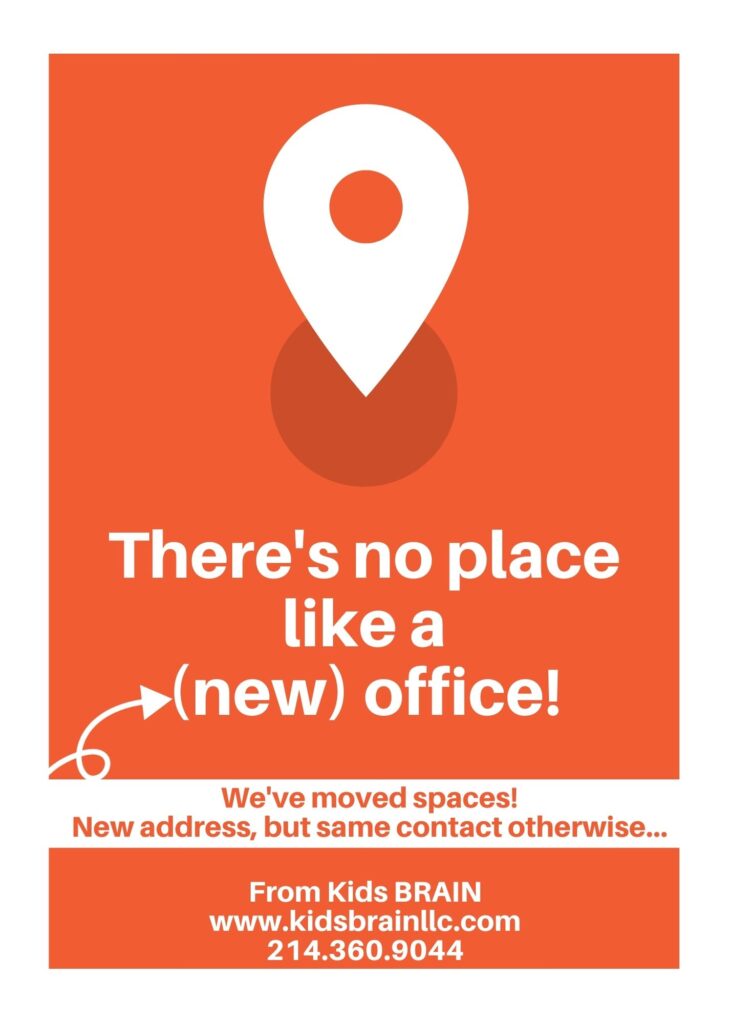
My team at Kids BRAIN and I routinely see children because parents are concerned about early learning. This can be particularly tricky when children are very young, as the assessment parts needed to determine a specific learning difference in reading, writing, or math are often more helpful in clarifying diagnosis when children have reached the end of 1st grade or 2nd grade. Most Texas public school districts won’t even agree to complete learning difference or dyslexia assessment until at least this age/grade. Math and writing are a little different in their trajectory. We don’t often have parents reaching out with math concerns until around 3rd grade and writing concerns that aren’t centered on handwriting specifically until after 3rd grade (maybe even closer to the end of elementary school). In contrast, early reading struggles are so impacting on learning that we begin to have concerned parents ask for support well before. Some families are highly observant about possible reading struggles in their children because parents had difficulty with reading themselves or because dyslexia runs in the extended family, immediate family, or they have older siblings with dyslexia. These families are right to be on alert, as specific reading differences are highly heritable (run from generation to generation), especially dyslexia. The next few blog posts will focus on dyslexia in all age ranges, starting with our youngest Kids BRAIN kids.
Below, check out some early red flags that reading may be an area of difficulty for your preschool-age child:
- difficulty with rhyming (bat, cat, sat, rat; time, dime, slime, crime)
- difficulty pronouncing words that you have shared (saying a word you are teaching them)
- poor memory for nursery rhymes and songs that they hear and have a chance to practice (learning the lyrics or words)
- difficulty learning new vocabulary words (what things are called, using describing words to make their language more sophisticated)
- difficulty learning letter and numbers (this one is dependent on practice and assumes that they are getting practice in lots of ways)
- little interest in books
A lot of these can be early struggles for a number of reasons, spanning from lack of exposure (there isn’t a lot of family reading going on), more exciting options (the iPad and TV are more fun), to other diagnoses that are hindering growth. For instance, a child with a broader language delay may have similar issues, but with talking, understanding what is spoken, articulation of language, AND reading problems all happening at once. Additionally, a very young child struggling with inattention, hyperactivity, and/or impulsivity may have a hard time focusing and staying in the same place long enough to begin to learn. This is precisely why a good assessment can be helpful, as it will guide parents to the right intervention options for their child. If there are a number of these early reading risk factors present AND dyslexia runs in your family, it is not too early to start helping. Although your local public school district may not consent to test just yet and your local neuropsychologist or psychologist specializing in learning differences may not be able to for sure confirm a diagnosis of dyslexia, they CAN help identify the holes in your child’s skill set and help you find resources to start building those skills. At Kids BRAIN, we have a number of recommendations for providers in the community that can help build these early skills. They are usually dyslexia specialists, but can also be speech-language pathologists and occupational therapists (depending on what is “getting in the way”). We also work with parents to identify any other developmental gaps that may be standing in the way of learning and start to build those skills as well. Finally, we help parents tailor an approach to working with their kids through practice at home that leverages their brain’s natural strength sets. Check out the next post for more information on kindergarten and 1st grade red flags.





